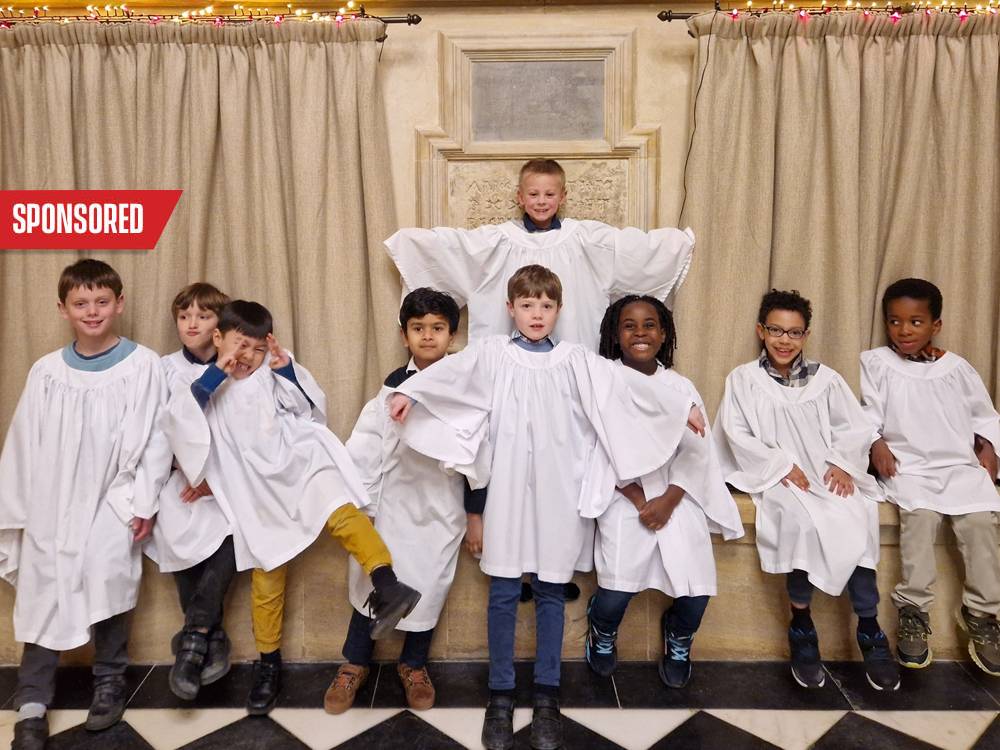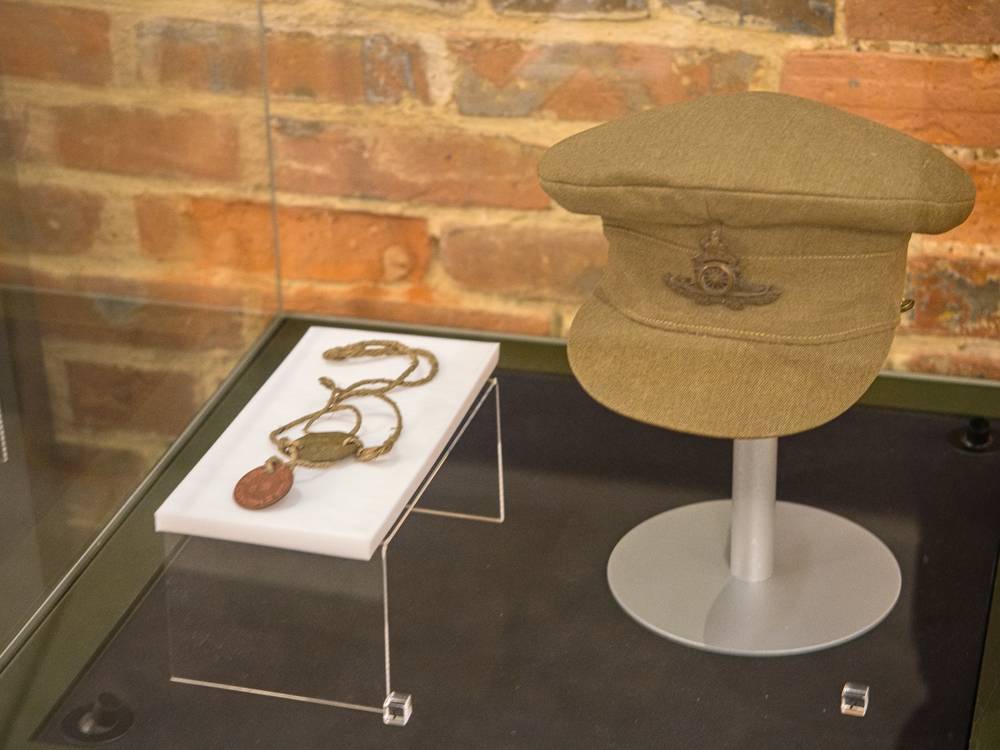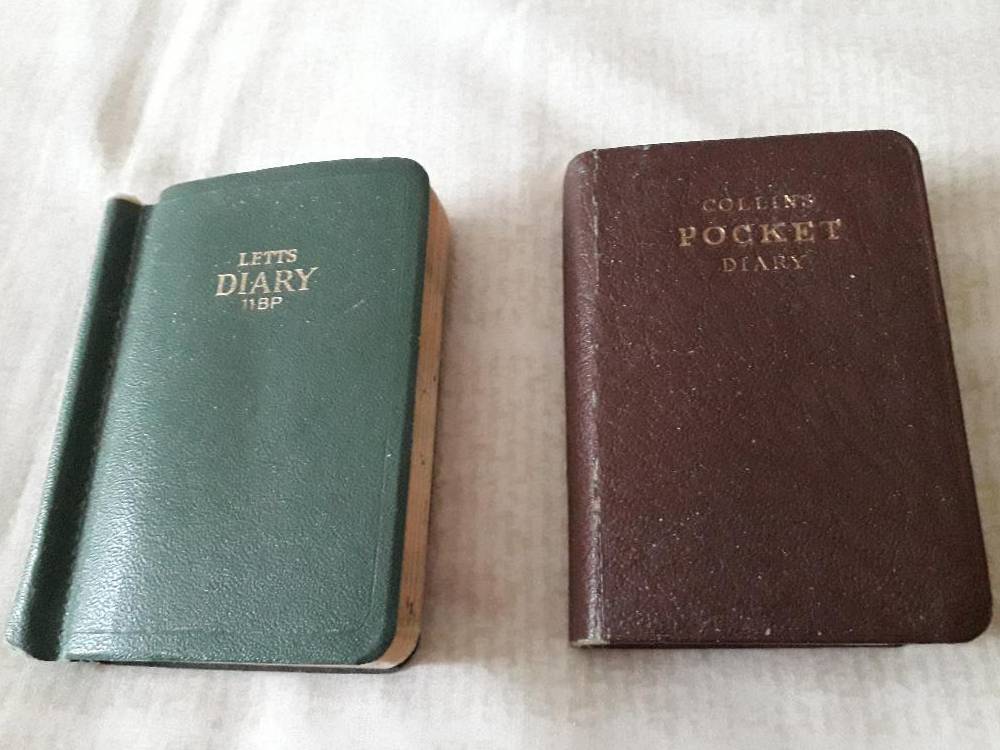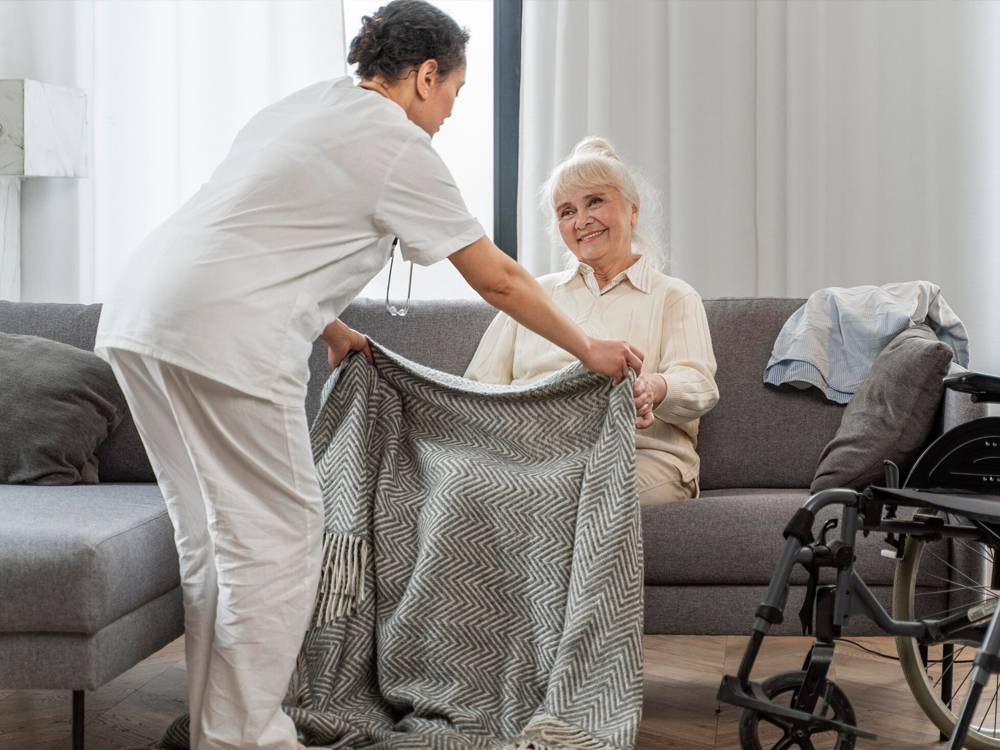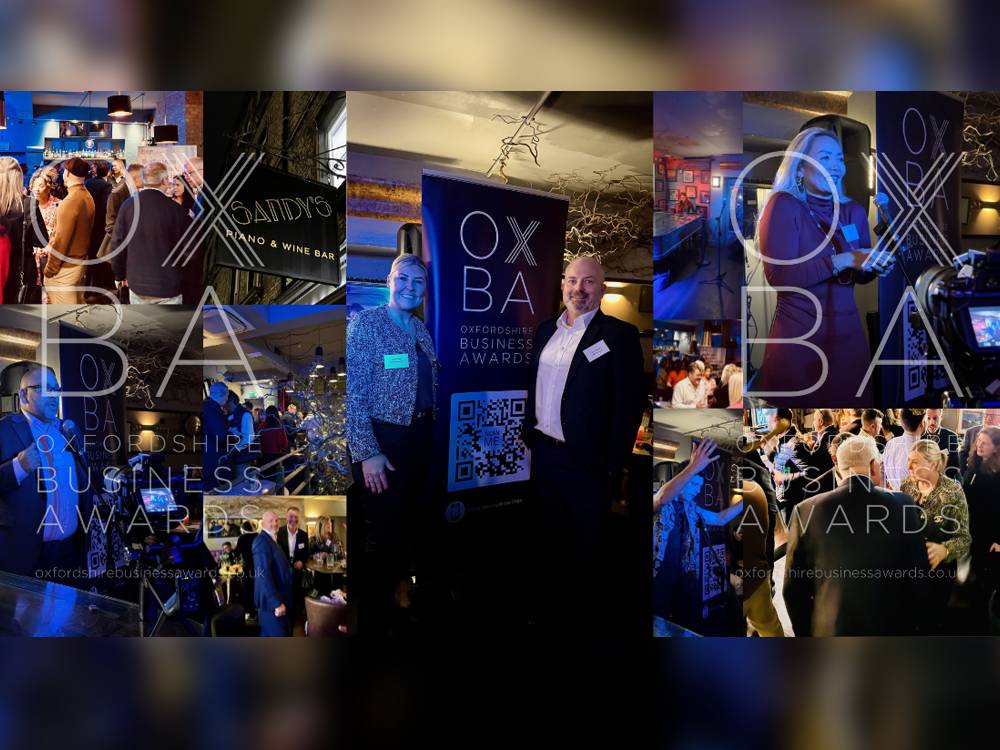Drum & bass pioneer Seba reveals his sixth studio album Oni ahead of an album release party on 15th November at London’s XOYO
Drum & bass kind Seba (not just our title: he was crowned earlier this year by Resident Advisor) has led an impressive 23+ year career.
Starting out with the legendary LTJ Bukem, Seba is often credited by artists in furthering the scene and as inspiration, as featured recently in UKF and DJ Mag.
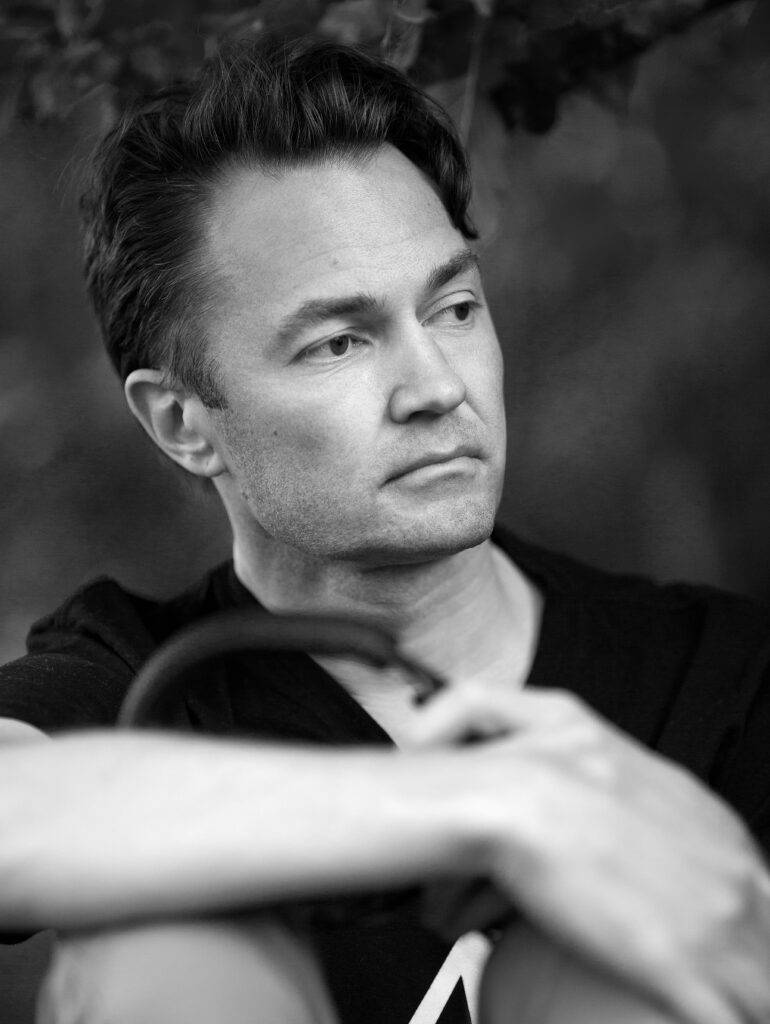
Packed with 12 meticulously crafted tracks, the album Oni sees Seba exploring both the liquid and jungle subgenres of drum & bass, while also venturing into deep house territory, continuing to solidify his status as one of the most respected and innovative figures in electronic music,
It packs a punch with some bangers like Smoke and Slam, but then offers soothing, blissful relief with tracks Air and Flow. It even an unexpected deep house/Jon Hopkins-esque track with Three.
“I’ve been doing one off releases for Spearhead since 2011,” says Seba, AKA Sebastian Ahrenberg. “Steve (BCee) and I talked a long time about doing an album for Spearhead, and after my 2022 album Ingaro on my own label Secret Operations, it was about time to put another album together.
“Since my musical direction is quite diverse with releases ranging from Hospital records to Function records, I thought it would be good to do an album that reflects that diversity. This album has a bit of jungle, drum & bass, liquid, some darkness, some smoothness. All blended together with my signature sounds.”
You’re invited to book your tickets and step into a world of immersive sound to celebrate the release of Oni, 8pm-12am (last entry 10pm) on Friday, 15th November at XOYO London (18+)
To book your tickets, visit Tickets: Spearhead Presents… Seba – Oni : Album Launch Party | XOYO London Fri 15 November 2024








